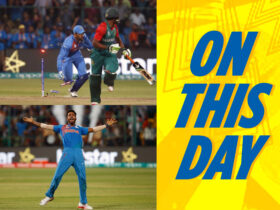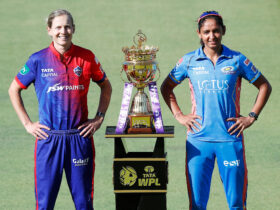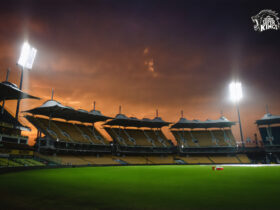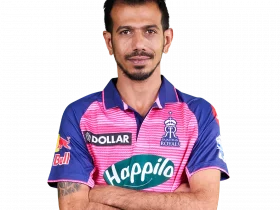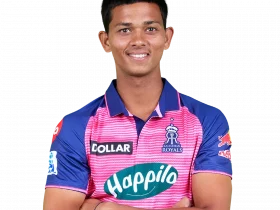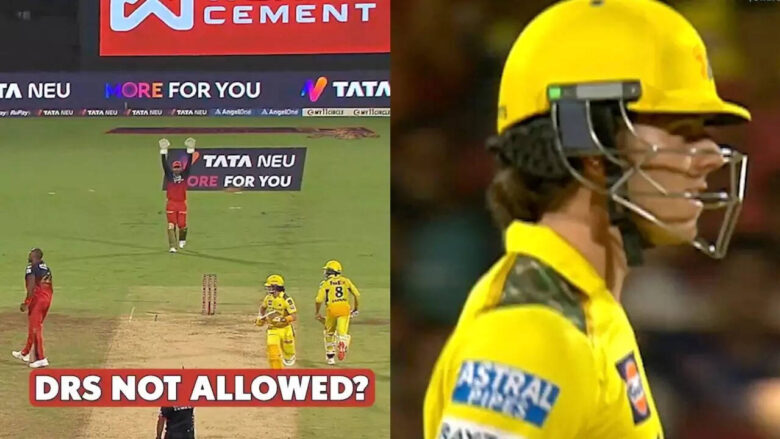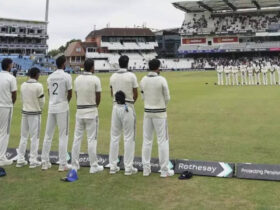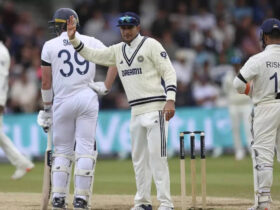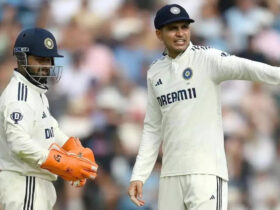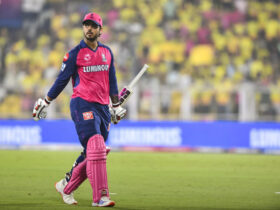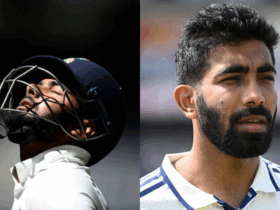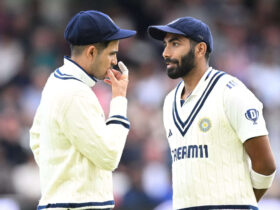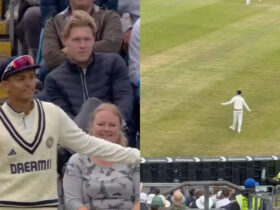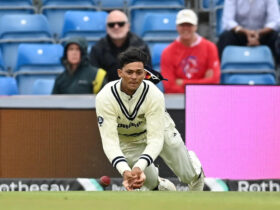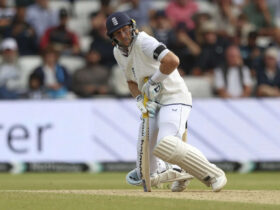Stephen Fleming Weighs in on Dewald Brevies’ Controversial Dismissal in RCB vs CSK Clash
Welcome, cricket enthusiasts, to a dramatic chapter in the IPL 2025 saga! In a high-stakesencounter between Chennai Super Kings (CSK) and Royal Challengers Bengaluru (RCB) at the iconic M Chinnaswamy Stadium, a contentious LBW decision involving CSK’s young star Dewald Brevies has set tongues wagging. This incident, layered with drama and debate, has not only influenced the match’s outcome but also sparked discussions on the intricacies of review rules. Let’s delve into the chaos, hear from CSK head coach Stephen Fleming, and unpack the regulations that shaped this pivotal moment.
What Unfolded on the Field?
The tension peaked during the 17th over of CSK’s gritty chase of a daunting 214-run target. RCB’s pacer Lungi Ngidi unleashed a knee-high full toss that struck Brevies on the pads. On-field umpire Nitin Menon didn’t hesitate, raising his finger for an LBW call. What followed was a comedy of errors—or perhaps tragedy for CSK fans. Brevies, alongside non-striker Ravindra Jadeja, seemed momentarily baffled. Instead of signaling for a review, the duo focused on completing a single as the ball ricocheted off Brevies’ pad, with a fielder even scoring a direct hit at the non-striker’s end.
By the time Brevies realized the need to challenge the decision, the 15-second review window had tragically ticked away. Umpires Menon and Mohit Krishnadas stood firm, denying the late request. Brevies, making his mark in IPL 2025, walked back for a heart-wrenching first-ball duck. Hawk-Eye replays later rubbed salt into the wound, revealing the ball would have missed the leg stump by a fair margin—an agonizing ‘what if’ for CSK.
Stephen Fleming’s Take on the Turbulent Moment
In the post-match press conference, CSK’s tactician Stephen Fleming offered a measured yet reflective take on the debacle. “It was a massive moment in a tightly contested game,” Fleming admitted. “Speaking to Jaddu and Brevies, there was utter confusion on the field. They were caught up in running the single, thinking the ball might have raced to the boundary for four. Amidst that chaos, the critical question of initiating a review got lost. I’m unsure if they signaled in time, but from the umpire’s perspective, the clock had run out.”
Fleming further mused on the nuances of the situation. “The timer starts the moment you’re given out. A chunk of that 15 seconds was consumed while the play was still active. Even if we had retained the wicket through a successful review, we wouldn’t have gotten the runs from that delivery. Those potential five runs could have been handy, but losing the wicket hurt more. It’s just another twist in a match full of them,” he concluded, highlighting the fine margins that define IPL thrillers.
Unpacking the IPL Review Rule
So, what exactly governs such dramatic dismissals? According to the IPL 2025 Playing Conditions, a player or team has precisely 15 seconds from the moment the ball is declared dead to request a Decision Review System (DRS) challenge. If the umpires deem this window breached, they hold the authority to reject the appeal, as occurred with Brevies. This rule, while rigid, ensures the game maintains its pace—an essential factor in the fast-paced T20 format. However, it also raises questions about clarity and fairness in high-pressure scenarios where split-second decisions intertwine with on-field distractions.
A Moment That Defined the Match
To wrap up this fiery tale, the dismissal of Dewald Brevies wasn’t just a blip—it was a turning point in a match where every run and wicket carried colossal weight. With CSK chasing 214—a target bolstered by RCB’s explosive batting on a batter-friendly Chinnaswamy pitch—the loss of a promising talent like Brevies for a duck dented their momentum. Stephen Fleming’s insights remind us of the human element in cricket; even seasoned players can falter under pressure. As IPL 2025 unfolds, controversies like these fuel debates, but they also spotlight the need for awareness of rules among players. What’s your take on this incident? Should the review window be revisited, or does it keep the game’s spirit intact? Drop your thoughts as we gear up for more cricketing drama!


